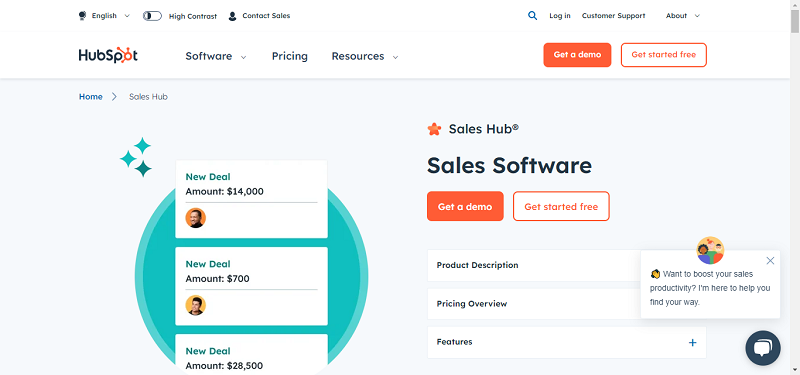Lots of companies have offered 24/7 availability of systems and data to their customers and employees for years. What else is new? What’s new is that a cloud computing environment can make 24/7 availability possible for small and medium size enterprises (SMEs). (Infographic Source: Towergate)

Previously, only organizations with robust IT infrastructure (in terms of servers, communications networks, and the staff to maintain them) could offer global access to internally hosted software applications and databases. Now SMEs can offer customer ordering and account self-service applications hosted in a public cloud. The same public cloud can provide 24/7 availability of applications and data to employees, thereby improving productivity or supporting more flexible working arrangements.
Additionally, a public cloud computing environment can be accessed from virtually anywhere, further expanding worker productivity and flexibility. Perhaps most importantly, the 24/7 global availability of a public cloud computing environment can open new markets by reaching new customers or creating new distribution relationships.
Public cloud computing environments are available from vendors such as Amazon, IBM, HP and others.
These providers already have massive networks of servers, communications network bandwidth, and the IT resources to maintain them. The customers of a public cloud provider are paying for the “usage” of a robust IT computing environment, so they don’t have to build such an environment themselves. Providers of public cloud environments typically price their services on a “pay as you go” basis. The result is that SMEs can now have access to a robust computing environment, available, globally, on a 24/7 basis without making expensive investments in IT infrastructure and staff resources.
Once an organization has selected a provider of a public cloud computing environment, it needs to decide what application and data to place in that environment. Often the first software selected for the cloud is an integrated enterprise resource planning (ERP) suite and/or customer relationship management (CRM) tools. Going “global” with the cloud requires careful selection of ERP or CRM software.
First of all, can your software “speak” Spanish, French, or Japanese? Your overseas employees or those of your international partners will need to see transaction entry and inquiry screens in their native language. Additionally, documents such as invoices, credit notes, etc. need to be produced in those same languages. Next, can the software process transactions in Euros, or Yen? The ability of an ERP system to properly handle foreign currencies must include the ability to process transactions and covert account balances for period-end reporting.
Additionally, business processes themselves may be impacted by local statutory regulations. The sequence of process steps in the Order-to-Cash process or specific shipment or invoice collection terms may be determined by local laws, and they may differ from one international location to another. As a result, the software needs flexibility in how process steps are designed and configured. Ideally, local differences should be accommodated by the same software residing in a public cloud, without the need to create multiple “copies” of the software to accommodate each local difference in language or currency.
In today’s rapidly changing business environment, cloud accounting software must keep pace with new functional business requirements, the connectivity of new devices such as smart phones and tablets, as well as statutory regulations. The vendor must have a detailed understanding of international business needs, as well sufficient internal development resources to reflect those needs in future software release.
It is critically important for a company considering an ERP software suite to understand that they are not just selecting a software package based on current functionality, but they are selecting a vendor for the long-term, whose ability to deliver future functionality and connectivity will directly impact the ability of the company to execute its global business strategy.
Just as ERP systems are ever changing in response to shifting business needs, cloud computing technology is not static. Cloud computing technology will continue to evolve. Public cloud providers must keep pace with technology changes to ensure their subscribers can enjoy an optimal connection experience regardless of location or time of day and the ability to integrate applications in the cloud with It is likely that even the best cloud accounting software and CRM products will not satisfy 100 percent of a company’s computing, data storage, and analytical needs. The company must have a strategy that defines what other applications and databases might be stored or hosted in their cloud. Other applications could degrade the security of ERP systems and data or at least give rise to data synchronization issues.
Therefore, any other applications or databases added to the cloud must be carefully planned and while it is possible to have a public cloud provider deliver a robust 24/7 IT infrastructure and an ERP vendor provide the applications needed to process global transactions, the ultimate responsibility for information security and accuracy rests squarely on company management. The cloud provider will certainly set up security software over the company’s applications and resources. However, they will need someone in the company to define who should have access to what and when.
There is no doubt that the public cloud can provide smaller businesses the opportunity to expand their presence to new markets overseas, at a reasonable cost. Cloud computing as a technology will continue to evolve, and the public cloud as a service will continue to grow.
For small and medium-size enterprises to take full advantage of these trends, they have two basic but important decisions to make:
• Pick a cloud provider with robust infrastructure and the ability to make the additional technology investments as needed to keep pace with technology changes and maintain a reasonable level of service
• Pick an ERP vendor with a track record of technology innovation and the ability to meet current and future business needs, as well as an existing international presence that can provide support where you need it.
Finally, consider identifying an individual within the company who can act as a liaison with potential technology vendors. Invest in the education of this individual regarding information technology in general and ERP and cloud computing in particular.
Such investments in an individual can ease the process and provide some needed piece of mind as your company goes global with the cloud.
By Jon Roskill





